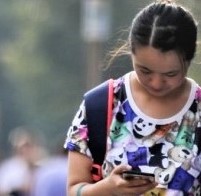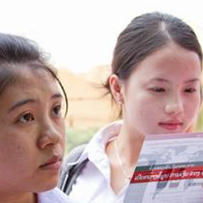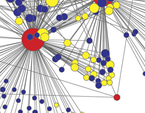Learning Implications of Korean Online Communities: Towards a New Paradigm of Social Learning





Since the transition from industrial society to a knowledge-based society, the source of national competitiveness is also changing. In this context, lifelong education has become a new competitive strategy for countries. This study broadly consists of three steps. Step I

The book traces how global instability, problems of environmental degradation, spread of global disease, migration and political instability are a cost of viewing the uneducated poor as separated from a network of fast-growing global knowledge. This book shows how

iPhone and Android technology only became available in Korea in 2010, yet today, nearly every student in Korea’s top university carries either an iPhone or Android enabled phone. Students are plugged in and communicating constantly. One Lifelong Learning class1 investigated

The paper discusses the underlying economic shifts that cause a paradigm shift in the way that higher education contributes to society’s progress. In particular, the movement from industrial production towards a knowledge economy and from national systems of education toward

Can education problems in poor countries be successfully addressed using knowledge economics? The old development model posits that poor countries must follow the rout e of richer countries, progressing up a scale of development. But, an emerging theory of development

Globally linked virtual organizations (VOs) hold the promise of successfully tackling complex problems and designs that lead social, industrial and technological innovation. Yet these cross-cultural virtual organizations (CCVOs) appear to be hampered by problems of communication, conflict and productivity. One

While collective intelligence systems become ubiquitous for learning in knowledge industries, civic life and personal lives, they have yet to be embraced into formal schooling systems. Still, learning, knowledge and assessment protocols adhere, in large part, to the educational system’s

Leadership in education begins with the establishment of a strong link between education and a healthy society. In the world’s poorest areas, too often formal education systems have been imported with little thought as to how they integrate with the